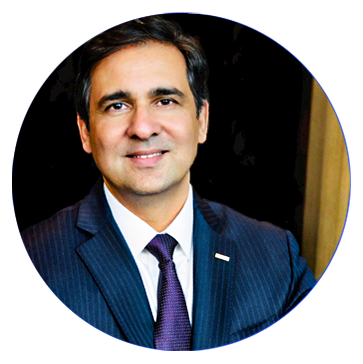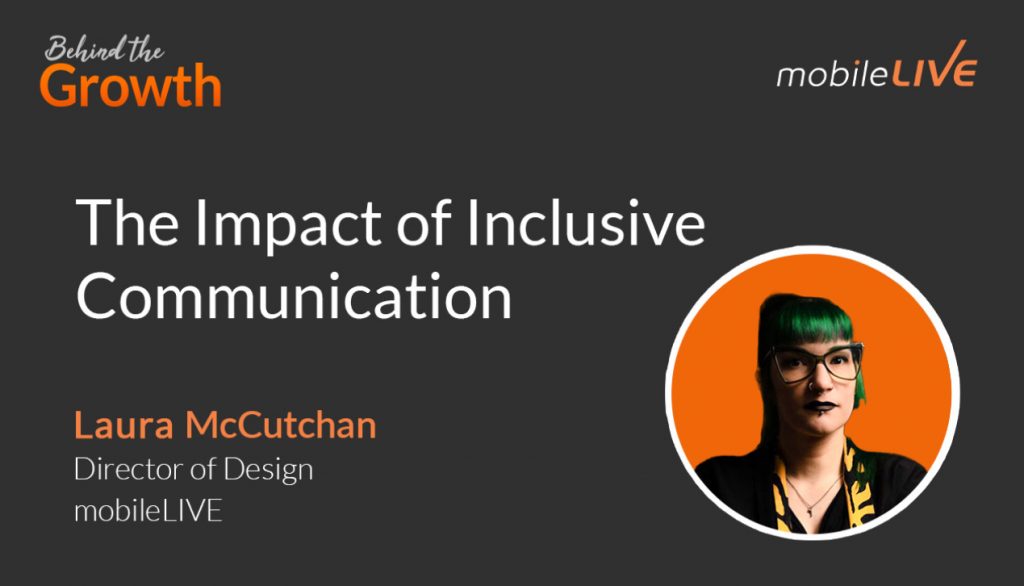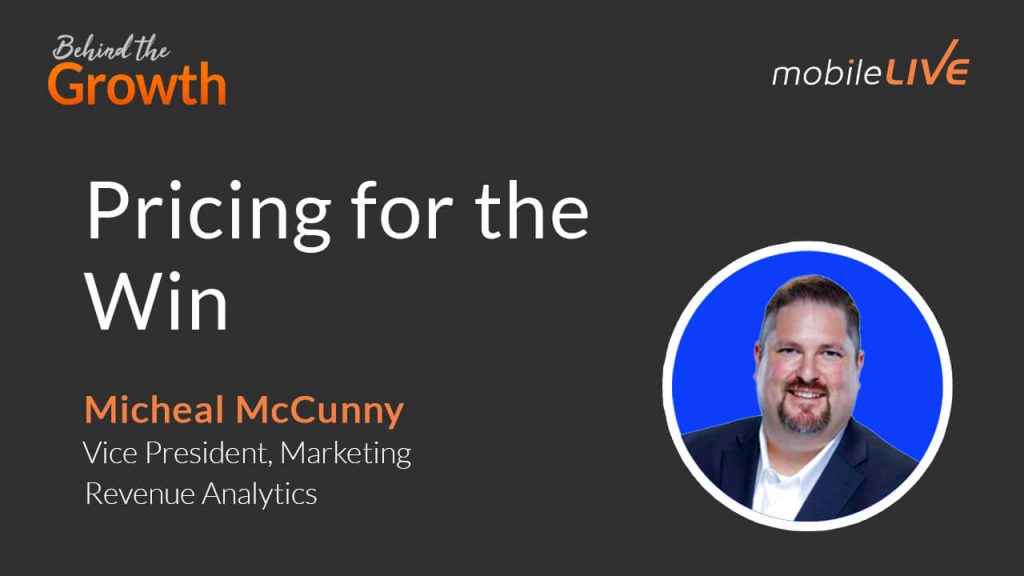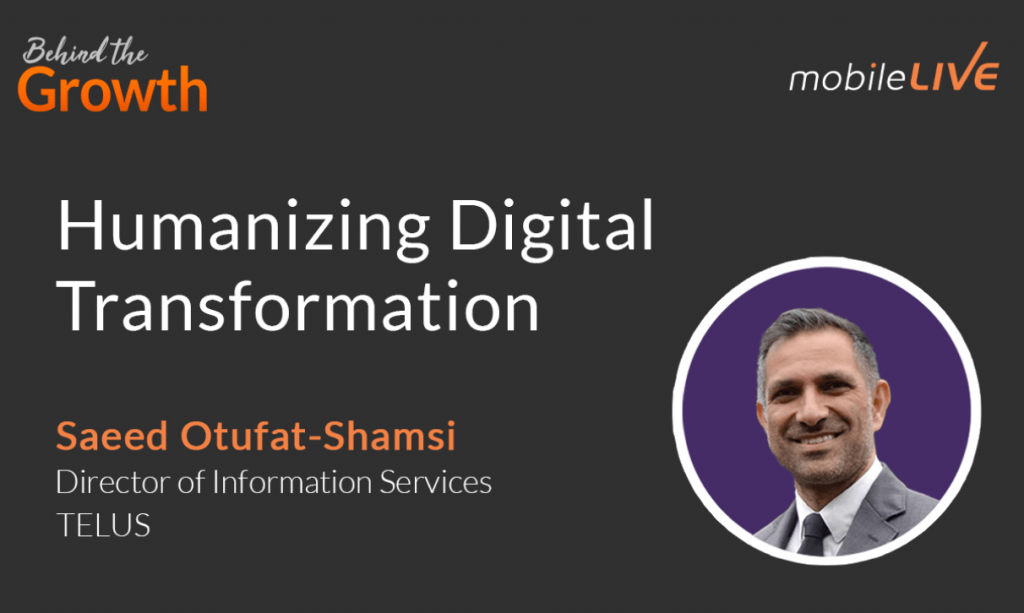Key Insights
Adaptive Leadership in Business. Faisal Kazi delves into his journey at Siemens, highlighting the importance of adaptive leadership. He underscores the criticality of taking risks, making mistakes, and embracing feedback in the corporate world. He further emphasizes that perfection isn’t individualistic; it’s a collective team effort. This means that businesses should encourage a culture where errors are seen as learning opportunities and not as failures.
Fostering a Blameless Culture. A significant part of the discussion centers on fostering a blameless culture in organizations. Faisal and Imran agree on the need to shift focus from finger-pointing to problem-solving. They highlight that finding a person to blame doesn’t change anything for the customer, but finding a solution does. This mindset helps the team grow and consistently move towards innovative and effective solutions.
The Role of Corporate Social Responsibility (CSR). The episode delves into the concept of CSR and how it can be integrated into the culture of the organization. Faisal shares that Siemens strongly believes in creating societal benefits, which is a core value for the company. He shares that this compassionate mindset is contagious and that giving back to society ultimately benefits the company in the long run. A key highlight is the belief that the more a company gives, the better it performs — linking corporate success to corporate generosity.
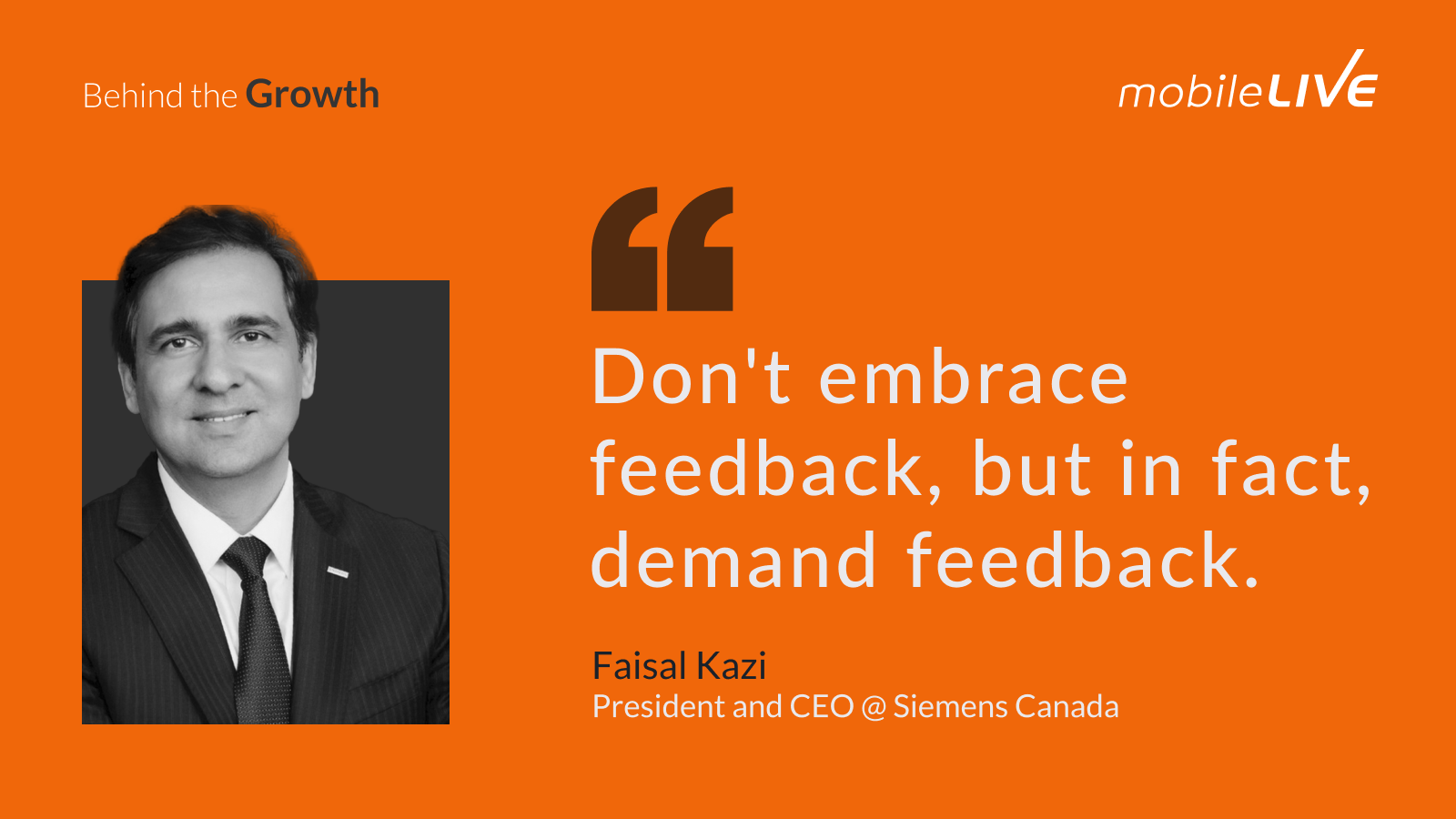
Episode Highlights
Faisal’s Journey at Siemens
Faisal Kazi takes us through his journey from a trainee engineer at Siemens to the CEO. He talks about the diversity of his experiences and roles, and how they have shaped his leadership style. He emphasizes the importance of being open to learning, taking risks, and making mistakes.
“I mean, you have to be open to taking risks and making mistakes all the time. And, you know, demand feedback. And then you will find colleagues, all your employees who will be open to give you feedback.”
Valuing Feedback and Fostering Improvement
Imran and Faisal discuss the power of feedback in personal and organizational growth. They underline that feedback should be taken positively. This mutual exchange helps in creating a robust and effective team that strives for continuous improvement.
“But a team can be [perfect]. So I think it’s — we have to all accept none of us is perfect. We are humans. We all make mistakes, but together as a team, we can be [perfect]. So that would be my other lesson: to take feedback positively and don’t get offended.”
The Importance of Giving Back
Faisal is very passionate about corporate social responsibility (CSR). He believes that the purpose of a company is to benefit society. He discusses how they have ingrained this philosophy in Siemens and how it has positively impacted their business and societal contributions.
“The purpose of a company is to create benefit for the society. And if a company is not doing that, it has no right to exist. So this is the core value you bring in.”
The Link Between Generosity and Success
Faisal shares an interesting perspective linking corporate generosity and success. He believes that the more a company gives back, the better it performs. He shares an anecdote from Siemens’ experience during the COVID-19 pandemic to illustrate this point.
“There’s another question which I have no proof about, but I do believe that the more you give, somehow your company does better. So I cannot — there’s no question — I cannot prove it to you, but this has been my experience, like even during COVID.”



